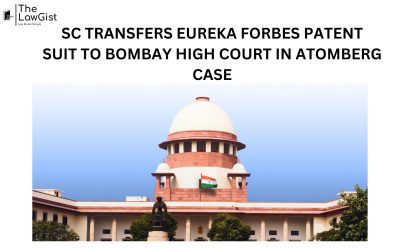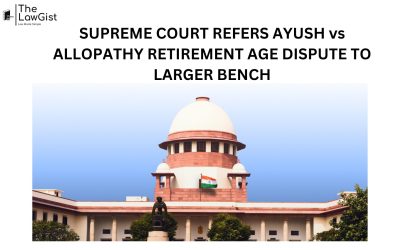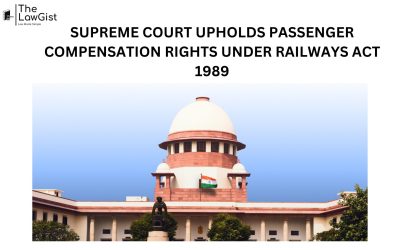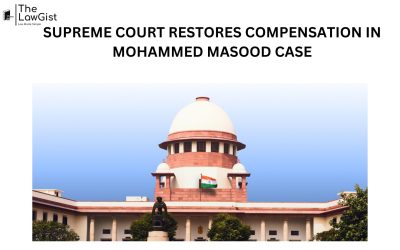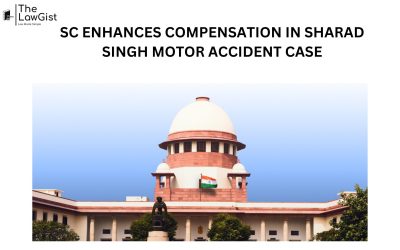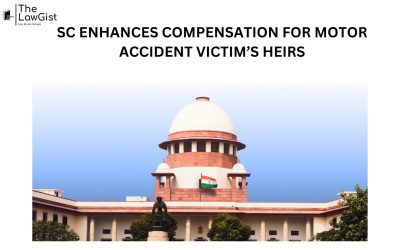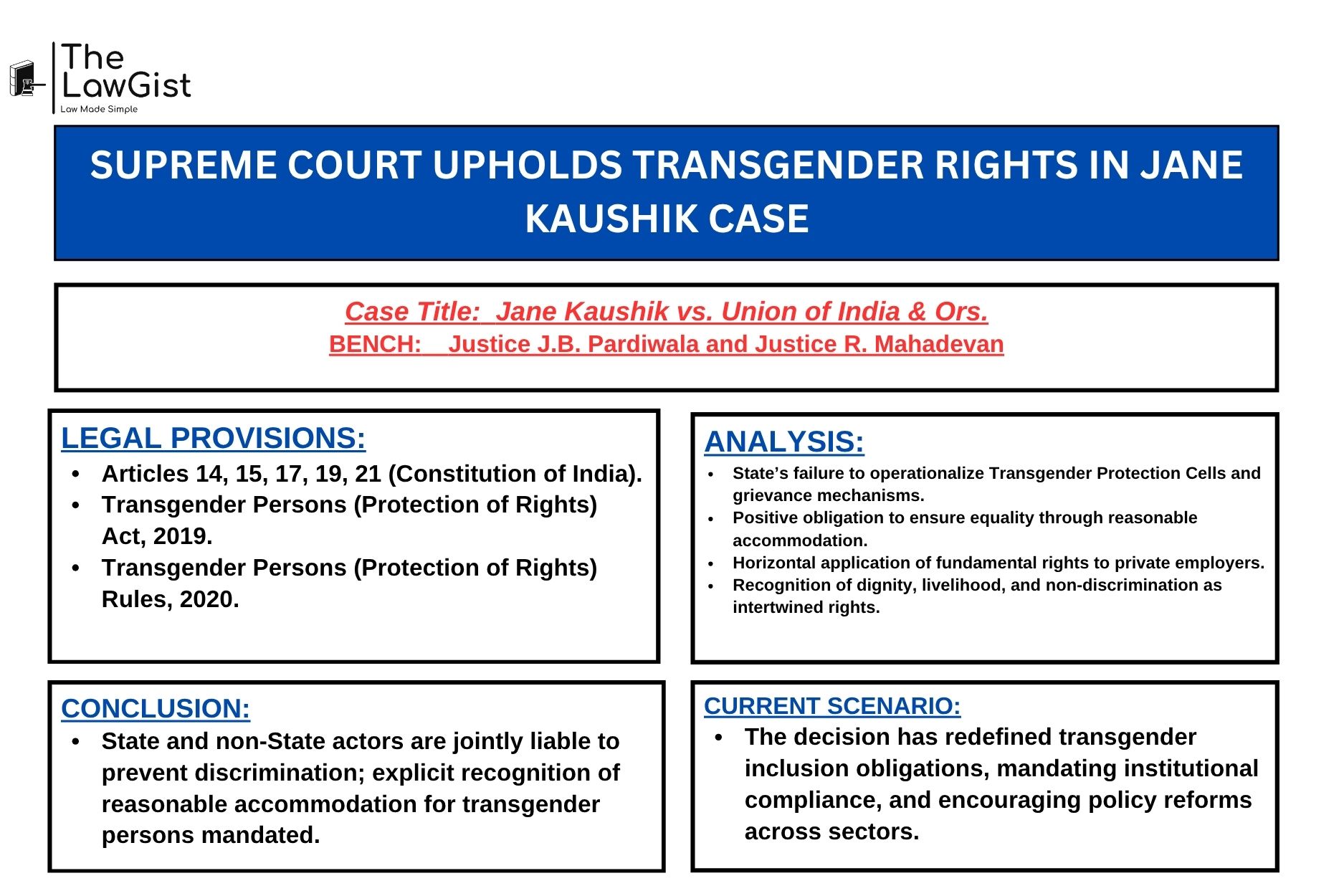
The Supreme Court’s ruling in Jane Kaushik v. Union of India underscores the constitutional duty to protect transgender persons from workplace discrimination.
SUPREME COURT UPHOLDS TRANSGENDER RIGHTS IN JANE KAUSHIK CASE
CASE SUMMARY – The Supreme Court of India in Jane Kaushik v. Union of India (2025 INSC 1248) addressed systemic discrimination against transgender persons in employment. The petitioner, a transgender teacher, was terminated from two schools due to her gender identity. The Court criticized governmental inaction in enforcing the Transgender Persons (Protection of Rights) Act, 2019, affirming that equality under Articles 14 and 21 includes a duty of reasonable accommodation. It mandated States to establish grievance mechanisms and adopt inclusive policies, asserting the horizontal application of fundamental rights to private institutions—marking a transformative moment for transgender rights in India.
| ASPECTS | DETAILS |
| Case Title | Jane Kaushik vs. Union of India & Ors., Writ Petition (Civil) No. 1405 of 2023, |
| Introduction | The case concerns discrimination faced by Ms. Jane Kaushik, a transgender woman, in employment due to her gender identity. The petition sought enforcement of her fundamental rights under Articles 14, 15, 17, 19, and 21 of the Constitution. |
| Factual Background | The petitioner alleged illegal termination from two private schools owing to her transgender status. She faced harassment, humiliation, and forced resignation. The complaint before NCW and other bodies failed to provide relief due to administrative apathy and lack of enforcement of the Transgender Persons (Protection of Rights) Act, 2019. |
| Legal Issues |
|
| Applicable Law |
|
| Analysis | The Bench highlighted continued systemic discrimination against transgender persons and the State’s failure to implement protective measures. The Court recognized “reasonable accommodation” as a positive duty flowing from Articles 14 and 21, emphasizing substantive equality and the horizontal application of rights to private entities. |
| Conclusion | The Court held that both the Union and State governments failed to discharge their statutory duties, directing them to implement anti-discrimination mechanisms, grievance redressal systems, and equal opportunity policies. It emphasized reasonable accommodation for transgender persons in all employment sectors. |
| Current Scenario | The judgment marks a pivotal moment in strengthening transgender rights enforcement in India, compelling States to implement rules under the 2019 Act, establish Transgender Protection Cells, and ensure horizontal application of fundamental rights in private employment. |
“Equality is meaningless without inclusion; dignity demands action, not sympathy.”
SOURCE – SUPREME COURT OF INDIA
READ ALSO – Constitution of India – Articles 14, 15, 17, 19 & 21
Discover insighs on Latin Maxims and Legal Glossary and simplify complex legal terms in seconds.The LawGist ensures exam success with quality Blogs and Articles on — Top Legal Picks (TLP), Current Affairs, latest Supreme Court judgments as Courtroom Chronicles. Backed by trusted resources and videos, The LawGist is every Professionals and Aspirant’s first choice. Discover more at thelawgist.org.


